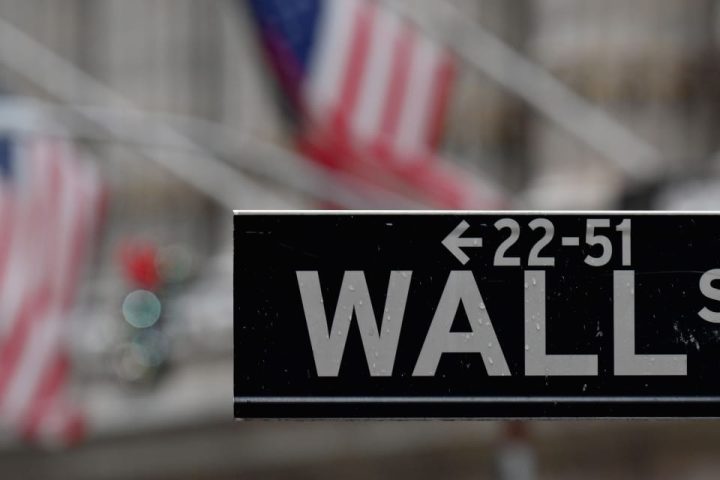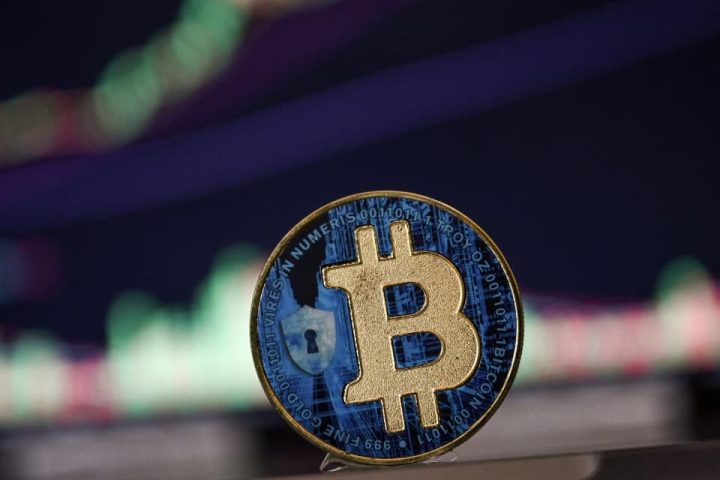As Israel’s war against Hamas enters its second week, U.S. lawmakers are weighing new policies that could help starve the terrorist organization of the resources it needs to carry out its attacks.
A bipartisan group of senators is pushing a new bill that would ratchet up reporting requirements for American cryptocurrency users after news reports that digital wallets associated with Hamas received millions of dollars in crypto in the past two years.
Others are pointing the finger at Iran and blaming the Biden administration’s decision to waive some sanctions on the country that could give entities in Iran access to proceeds from the sale of $6 billion in oil.
See also: Israel-Hamas war sends shekel to 8-year low on fears of economic blowback
Experts say that Hamas’s financial resources are diverse and that there is little authorities in the West can do to comprehensively seal off the flow of funds to the U.S.-designated terror organization.
“It’s a giant machine when it comes to fundraising,” Lorenzo Vidino, director of the George Washington University’s program on extremism, told MarketWatch.
Vidino said that Hamas operates businesses and taps a vast network of global charities that “collect funds that end up in Hamas-controlled territories,” and that gaining access to tangible goods, like food and other supplies for civilians and weapons for combatants, is of more importance than financial infrastructure it uses to pay for them.
Vidino said that Hamas leaders are technologically adept and that the anonymity that crypto can provide in certain circumstances “make it ideal” for some supporters to use as a means of sending payments.
Blockchain analytics company TRM labs issued a report last week that claimed Hamas was one of the first terrorist organizations to use cryptocurrency, and that crypto wallet addresses associated with the organization have seen spikes in donations following previous outbreaks of violence involving Hamas.
The report also highlighted the gains law enforcement has made in tracing and seizing payments made using cryptocurrency, including an August 2020 U.S. Department of Justice seizure of millions of dollars of crypto from more than 300 wallets associated with Hamas’s military wing, al-Qassam Brigades.
Read more: 70% chance Israel-Hamas war spreads beyond Gaza, threatening oil, strategist warns
“Crypto is fraught with risks for a donor and recipient because U.S. authorities are able to look at these campaigns on the public blockchain and then disrupt them,” said Yaya Fanusie, a former CIA terrorism analyst and director of anti-money laundering and cyber risk at the industry group Crypto Council for Innovation.
The industry and some experts are pushing back against a bipartisan bill gaining steam in the Senate that would greatly expand the number and kind of crypto users that would be considered a financial institution and therefore would be required to establish anti-money-laundering programs and to report suspicious financial activity.
Sen. Gary Peters, a Michigan Democrat and chairman of the Homeland Security Committee, said in a statement: “This bill will help close loopholes and strengthen the tools needed to counter the illicit use of cryptocurrencies by bad actors and protect our national security.”
Former Biden Treasury official John Rizzo pushed back on this logic in an op-ed following the bill’s release, arguing that it would “collapse the crypto economy” without increasing U.S. law enforcement’s ability to stop foreign funders of terrorism.
John Reed Stark, a former Securities and Exchange Commission enforcement lawyer who specializes in cyber crimes, argued that even if law enforcement can track some illicit crypto transactions, there aren’t enough benefits of crypto to society to justify tolerating its costs.
“If crypto went away tomorrow, it wouldn’t matter,” he said. “If the U.S. banned the internet, obviously your life would change dramatically. If crypto were outlawed tomorrow it would mean nothing to you.”
Others argue a vibrant and compliant U.S. crypto industry is an asset to law enforcement, and that chasing crypto from U.S. shores will do nothing to stop criminals from laundering money through foreign cryptocurrency exchanges.
John Kothanek, vice president for global intelligence at the U.S.-based crypto exchange Coinbase
COIN,
told MarketWatch in an interview that his team is in regular contact with law-enforcement agencies in the U.S. and abroad, proactively collaborating to detect evidence of terrorism financing or other illicit activity.
He said that in the wake of the recent attacks, Coinbase has been in direct contact with the Federal Bureau of Investigation and Department of Homeland Security, helping those organizations connect email and IP addresses to possible illicit activity on the blockchain.
Meanwhile, Senate Republicans have focused their ire on Iran and a deal the Biden administration made in September that enabled five U.S. citizens detained by Tehran to return home in exchange for the transfer of $6 billion in Iranian oil proceeds that had been frozen in South Korea.
Deputy Treasury Secretary Wally Adeyemo reportedly told congressional Democrats that the Biden administration had reached a deal with Qatar to stop Iran from accessing the funds.
John Kirby, a White House spokesman, declined to confirm the deal but told reporters at a briefing that “every single dime of that money is still sitting in a Qatari bank” and “not one dime of it has been spent.”
Israeli strikes on Gaza have killed about 3,000 people and wounded more than 12,500 others, according to Palestinian officials, while a blockade by Israel on supplies entering Gaza has left residents without adequate food, water or fuel. Hamas’s attack on Israel killed at least 1,400 people, according to Israeli officials.
Vidino, of GW’s program on extremism, said that while Iran has been a key source of funding for Hamas in the past, ongoing U.S. sanctions against the country have not stopped it from funding terrorist groups, and Israel’s ongoing response to the attacks could fuel more foreign support for Hamas.
“It’s a big machinery to sustain,” Vidino said. “It’s arguably one of the few terrorist organizations that’s running a state. They are providing, albeit poorly, infrastructure and services to an entire population.”
Read the full article here







